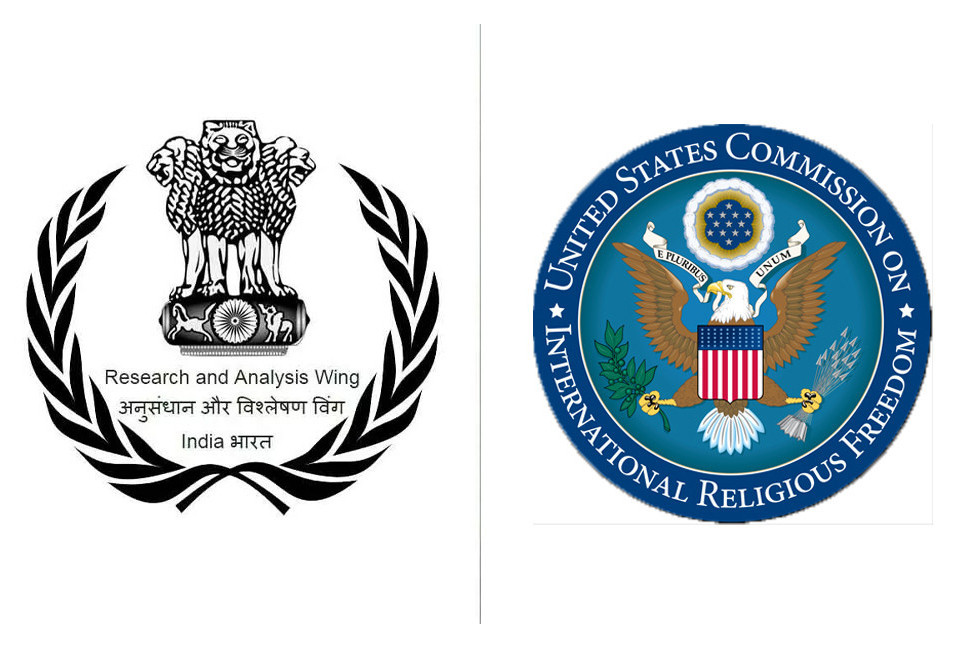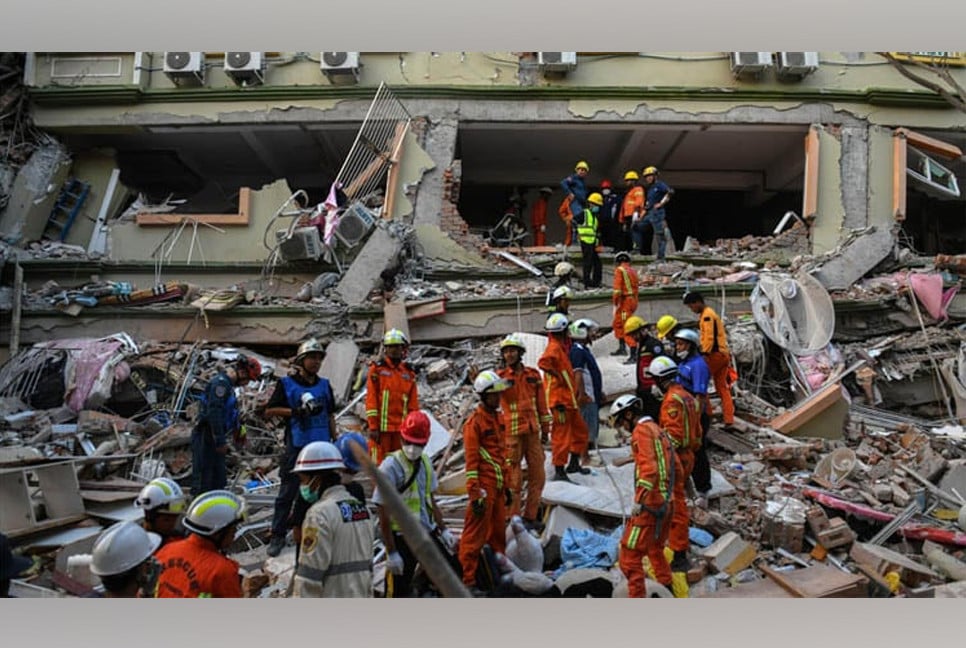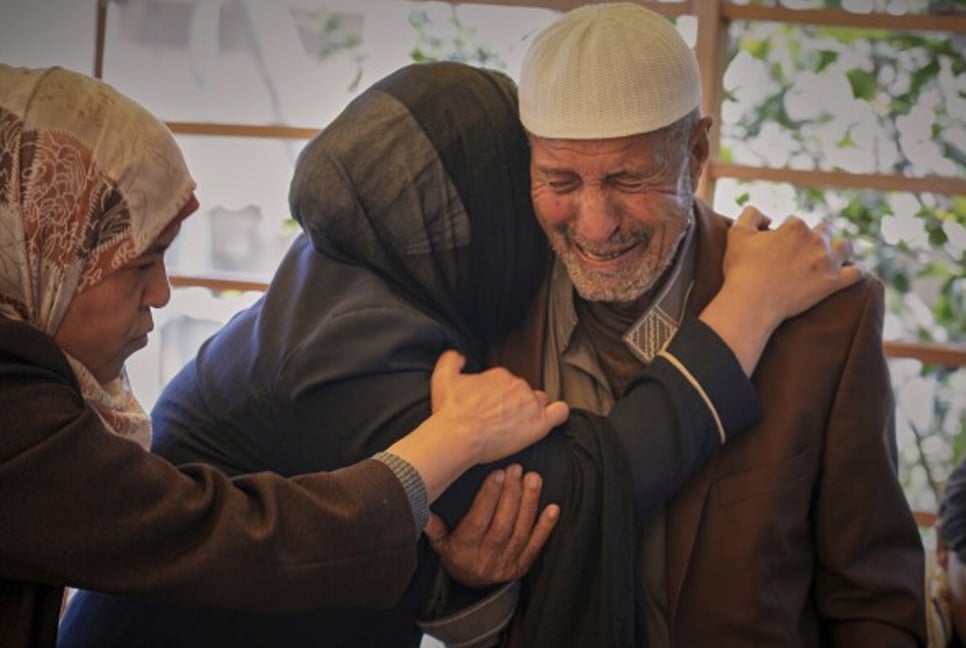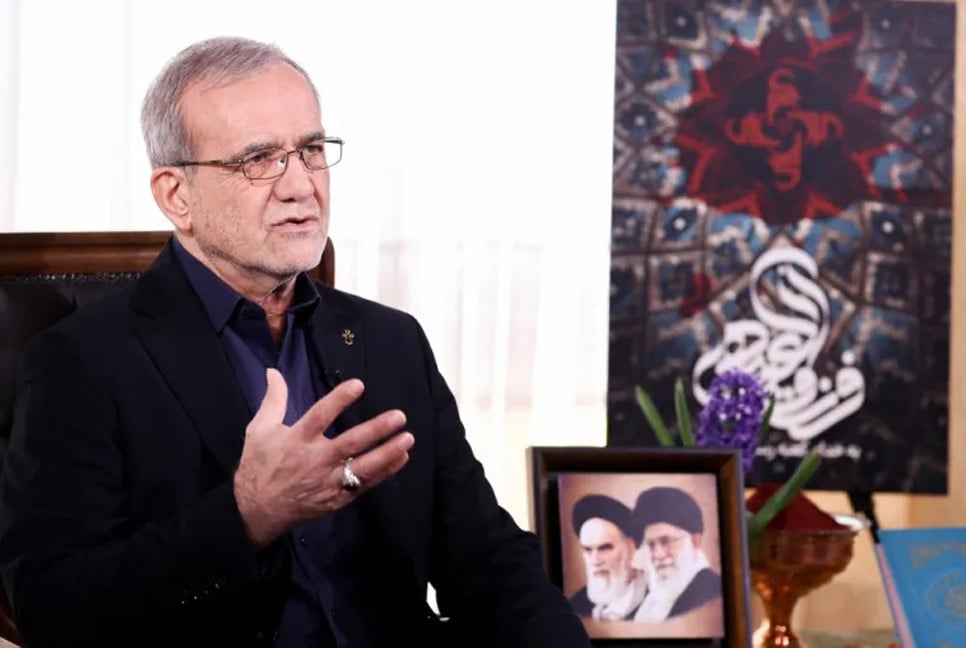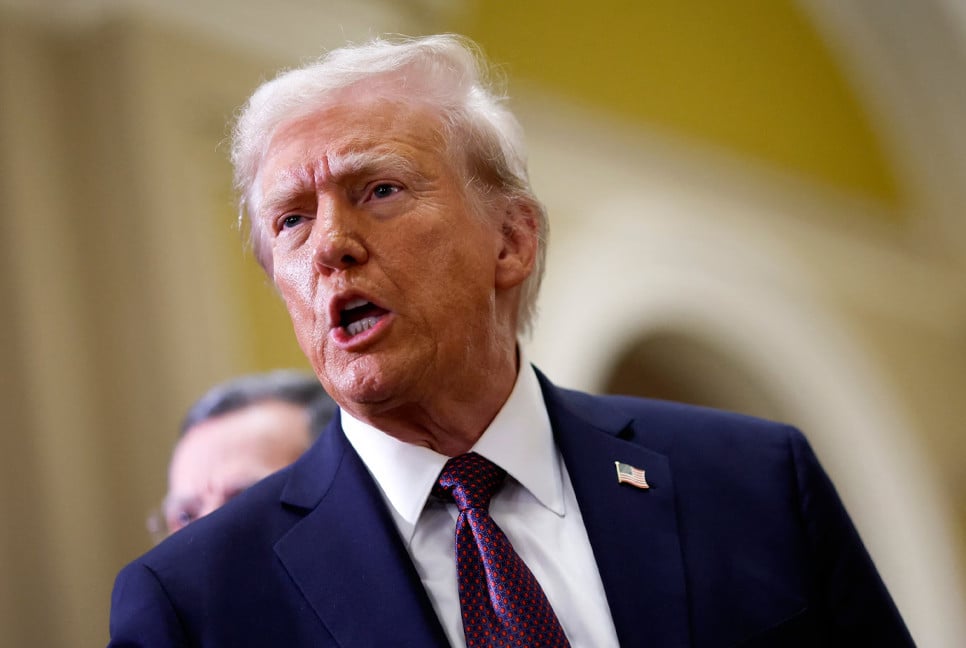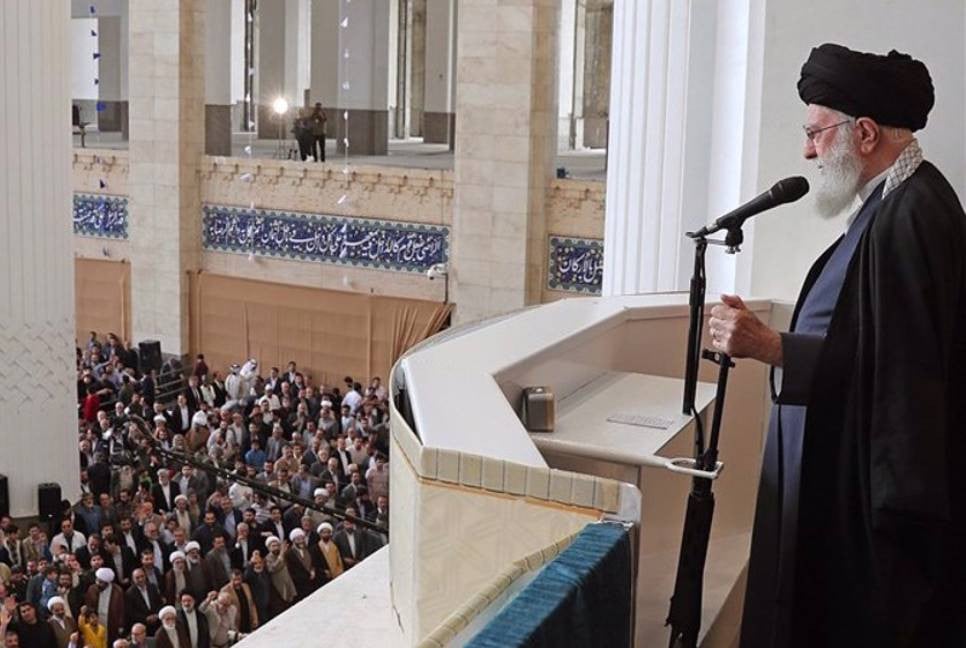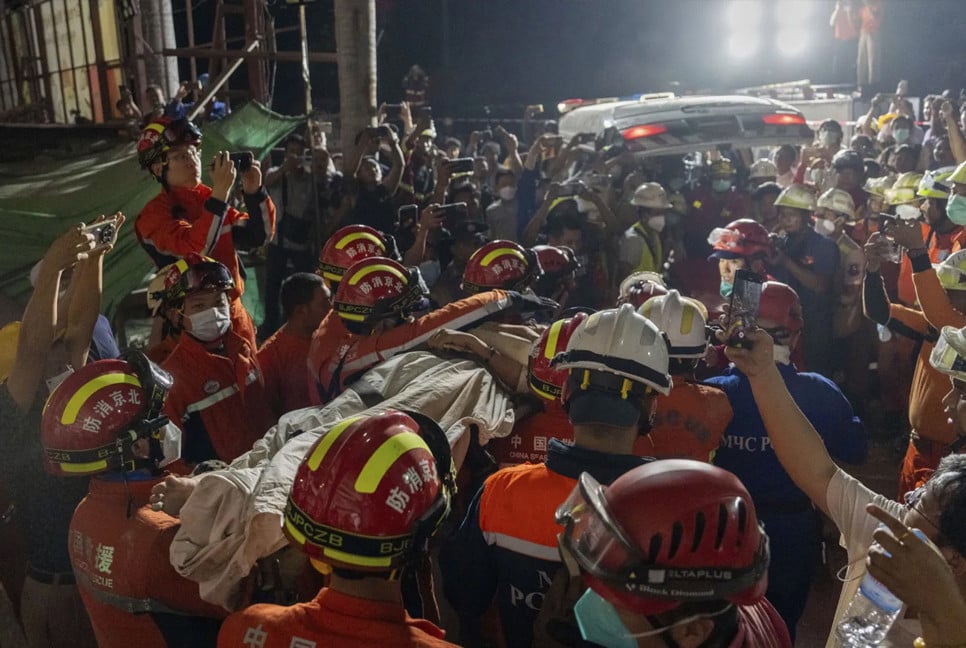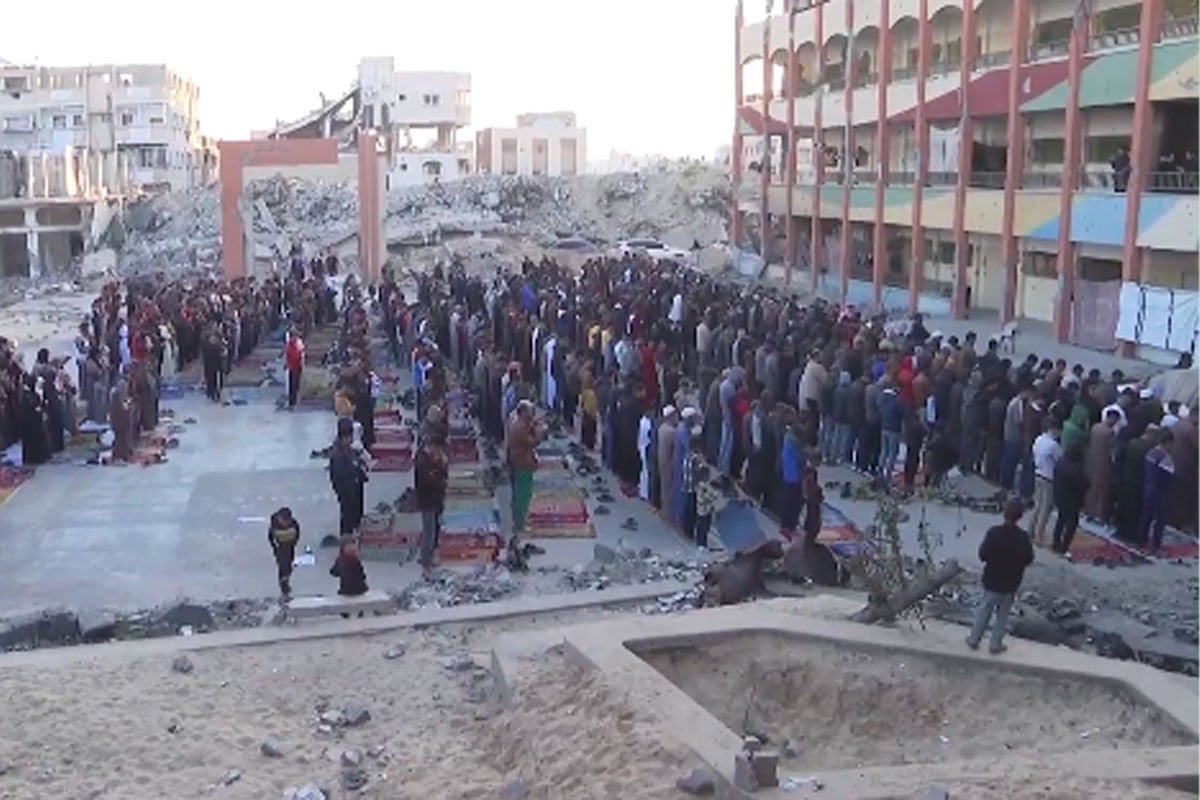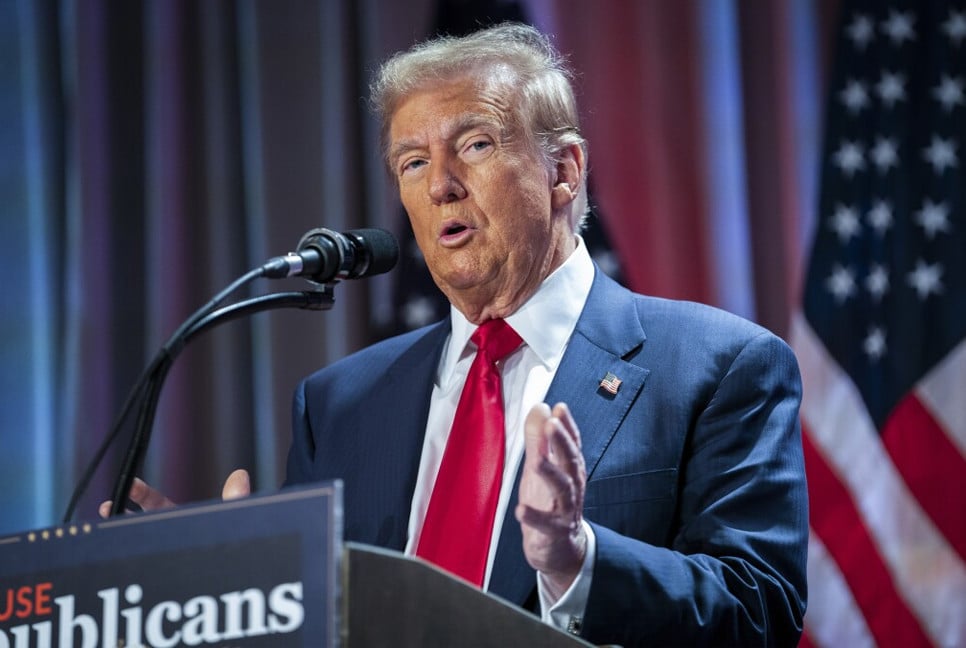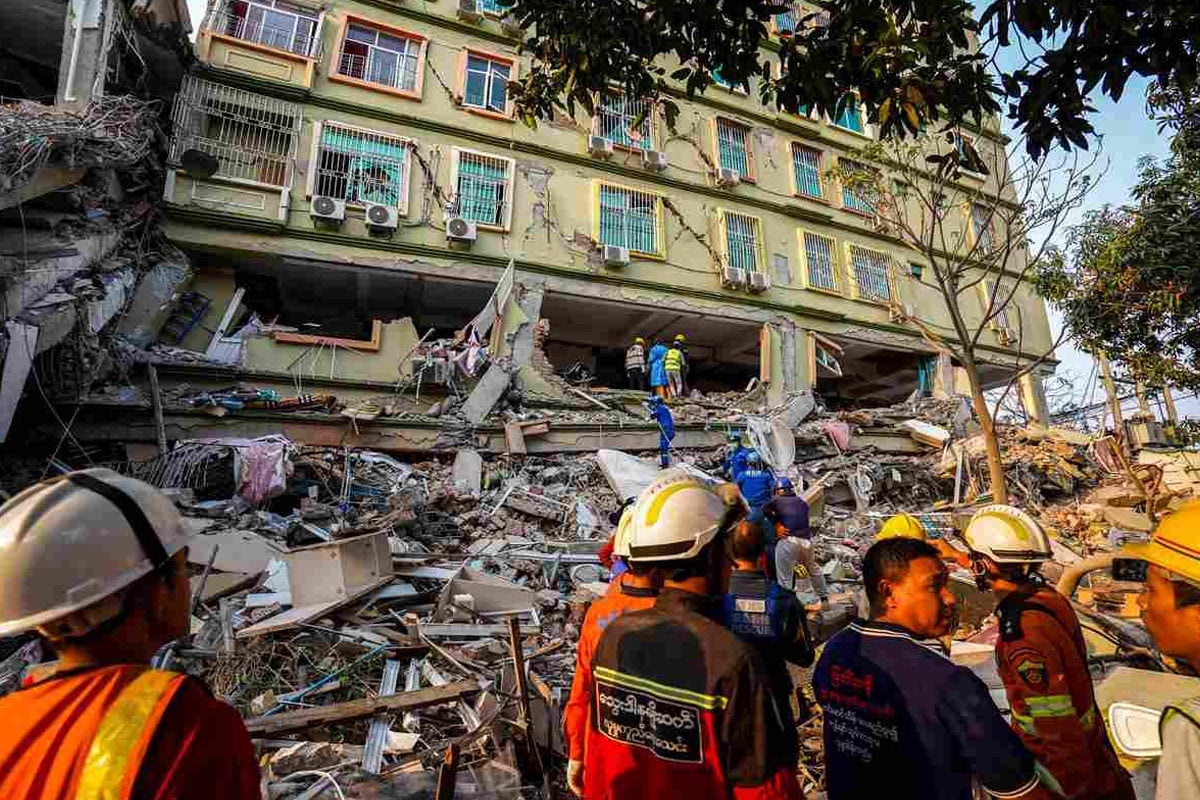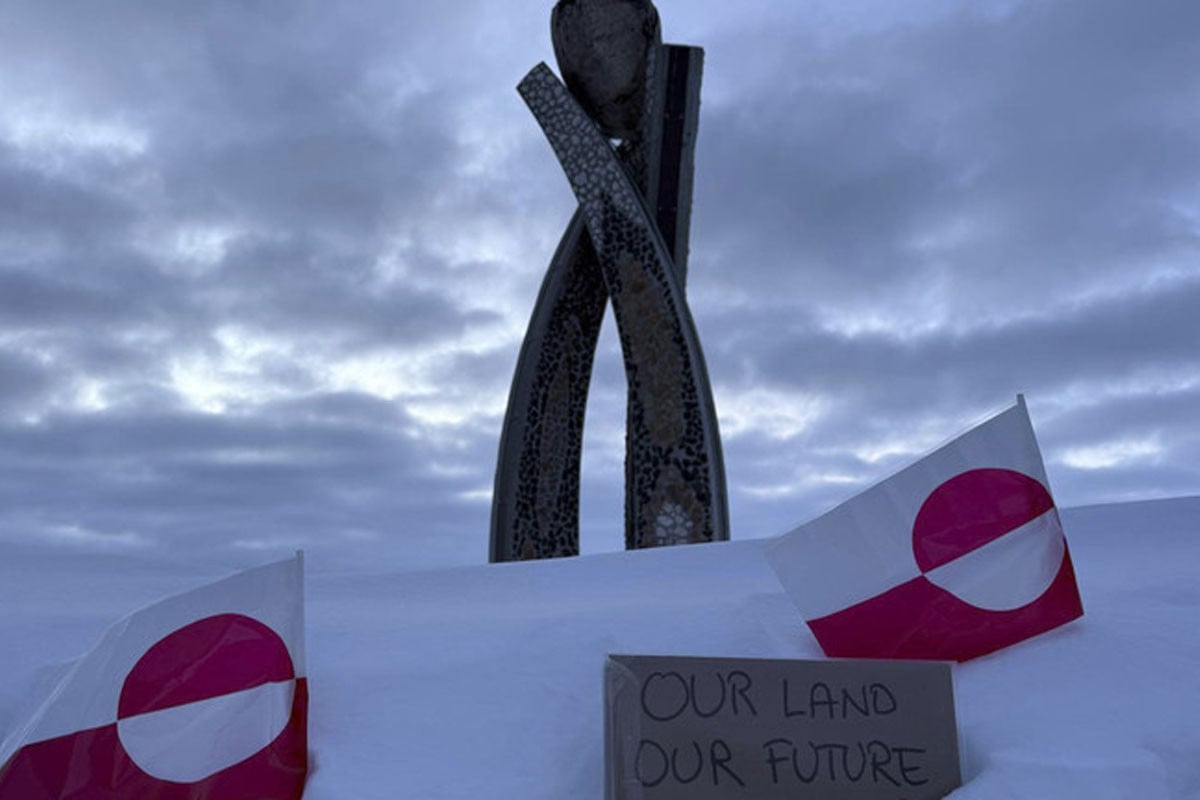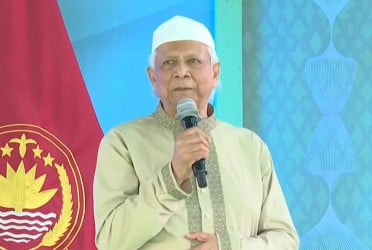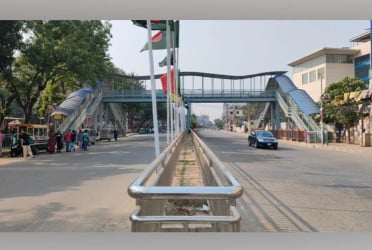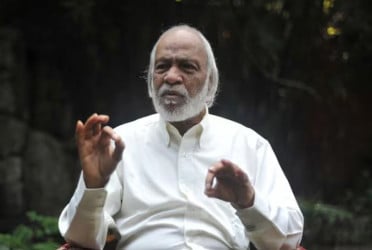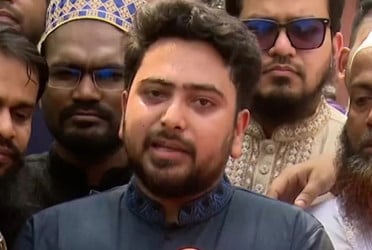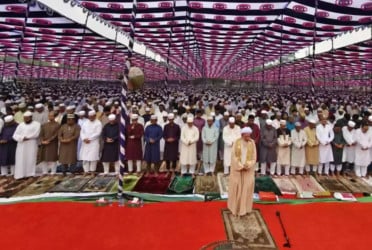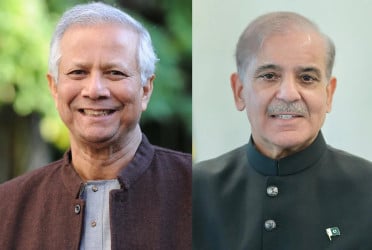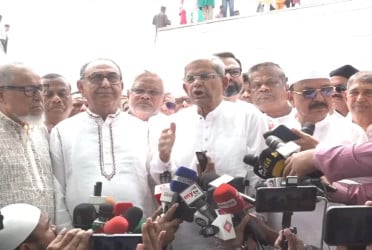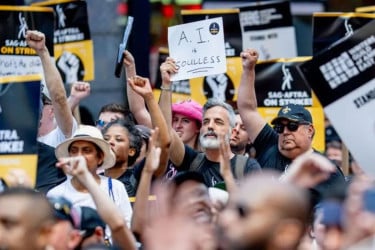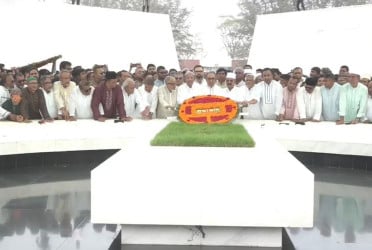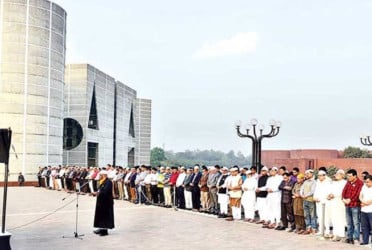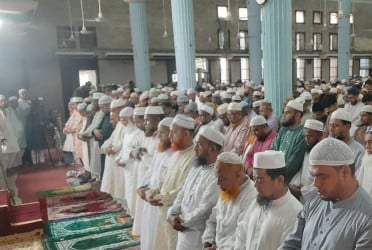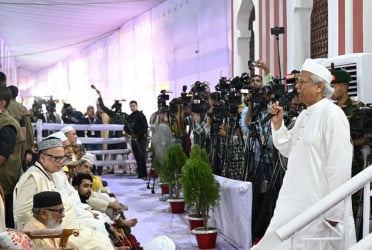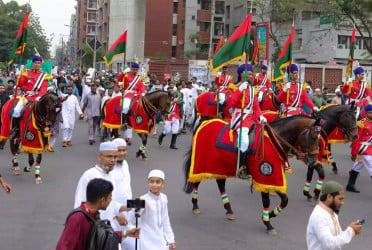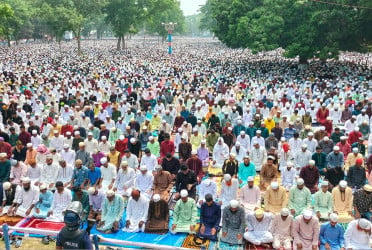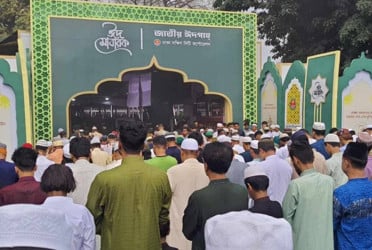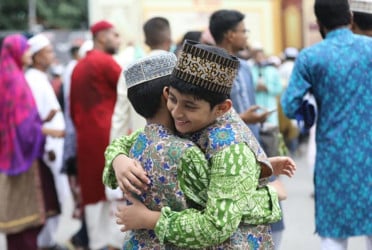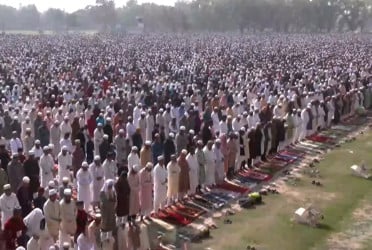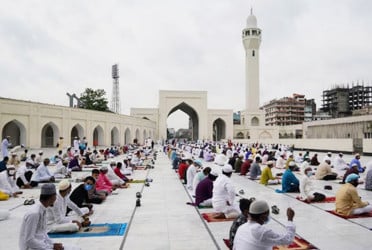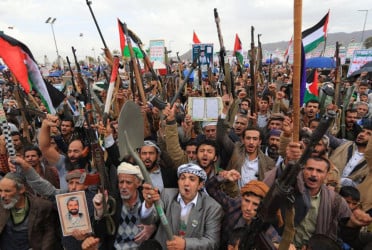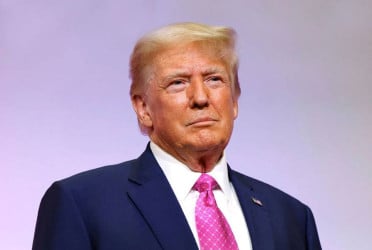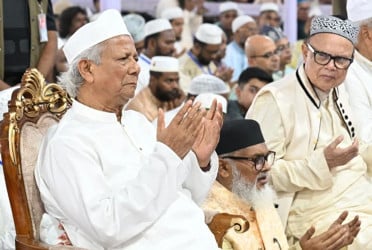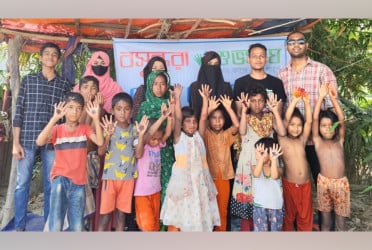The US Commission on International Religious Freedom (USCIRF) has urged the White House to designate India as a “country of particular concern,” and impose targeted sanctions on RAW, India’s external spy service, for gross violations of religious minority rights.
The Indian government, run by Hindu nationalist BJP party, has been engaging in and tolerating systematic, ongoing, and egregious religious freedom violations, says the USCIRF report released late Tuesday.
In the run up to the general elections in June 2024, the ruling party used hateful rhetoric as well as disinformation against Muslims and other minorities to gather votes from the Hindu majority. The malpractice fueled vigilante and arbitrary communal attacks both before and after the elections.
Upon election, the BJP-run government exploited laws to also target human rights activists, civil society members and journalists, many a times for speaking on behalf of the religious minorities.
Numerous building authorities, including the Delhi Development Authority, took steps for the demolition and seizure of minority assets. The Ram Temple was built a razed mosque, and consecration of the temple was followed by a series of minority attacks, the report notes.
BJP-run federal government and its provincial allies also arbitrarily passed anti-conversion laws.
RAW agents engaged in targeted attacks on religious minorities, particularly Sikhs, in foreign lands. One US citizen was assassinated in New York in 2023, allegedly during a RAW operation.
USCIRF called for targeted sanctions on RAW agents, including the prime suspect Vikash Yadav, by freezing their assets and/or barring their US entry. The commission urged the US legislature to teview the sale of sophisticated weaponry like MQ-9B drones.
Key findings of the report are as follows:
In 2024, religious freedom conditions in India continued to deteriorate as attacks and discrimination against religious minorities continued to rise. Prior to national elections in June, Bharatiya Janata Party (BJP) members, including Prime Minister Narendra Modi, propagated hateful rhetoric and disinformation against Muslims and other religious minorities to gather political support. Such rhetoric fueled attacks on religious minorities that continued after the election, including vigilante violence, targeted and arbitrary killings, and demolition of property and places of worship. Authorities continued to exploit anti-terror and financing laws, including the Unlawful Activities Prevention Act (UAPA) and the Foreign Contribution Regulation Act (FCRA) to crack down on civil society organizations and detain members of religious minorities, human rights defenders, and journalists reporting on religious freedom. The government also replaced its criminal code with new legislation, leaving religious minorities susceptible to targeting if it deemed them as “endangering the sovereignty, unity, and integrity of India.” In March, the BJP introduced rules for implementing the 2019 Citizenship Amendment Act (CAA), offering fast-track citizenship to non-Muslim minorities fleeing Pakistan, Afghanistan and Bangladesh. Several individuals remained in detention under the UAPA for peacefully protesting the CAA in 2019, including Umar Khalid, Meeran Haider, and Sharjeel Imam. In combination with the National Register of Citizens (NRC), requiring all residents to provide proof of citizenship, the CAA sparked fear among Muslim communities that the authorities may strip them of their citizenship—as in July, when Foreigners’ Tribunals in Assam declared 28 Muslims “non-citizens” and sent them to deportation centers. Throughout the year, various authorities, including the Delhi Development Authority (DDA), facilitated the expropriation and demolition of places of worship, including the construction of Hindu temples atop razed mosques. Notably, in January, Prime Minister Modi led the consecration of the Ram Temple in Ayodhya, which stands on the ruins of the Babri Masjid that a Hindu mob demolished in 1992. Following the consecration, attacks against religious minorities erupted across six states. Authorities also repeatedly violated Section 295 of India’s Penal Code, which criminalizes the destruction or damage of houses of worship, by bulldozing Muslim-owned property including mosques deemed “illegal.” Authorities wielded discriminatory state-level anti-conversion laws and cow slaughter laws to target religious minorities. In June and July, police in Uttar Pradesh detained 20 Christians, including four pastors, under accusations of violating the state’s anti-conversion law. In July, the Uttar Pradesh government tabled a bill to strengthen that law, expanding punishment for conversion to life imprisonment, allowing anyone to file a First Instance Report (FIR) against suspected violators, and making religious conversion a nonbailable offense. Uttar Pradesh’s High Court subsequently sentenced Muslim cleric Kalim Siddiqui and 11 others to life in prison for allegedly participating in forced conversions. Additionally, Uttarakhand passed a Uniform Civil Code (UCC) Bill requiring registration and allowing for greater policing of interfaith couples. The Indian government also continued to expand its repressive tactics to target religious minorities abroad, specifically members of the Sikh community and their advocates. Journalists, academics, and civil society organizations documenting India’s religious freedom violations reported denial of consular services, including the revocation of Overseas Citizen of India (OCI) cards as well as threats of violence and surveillance. International reporting and intelligence from the Canadian government corroborated allegations linking an official in India’s Research and Analysis Wing (RAW) and six diplomats to the 2023 assassination attempt of an American Sikh activist in New York.
Bd-pratidin English/Tanvir Raihan

